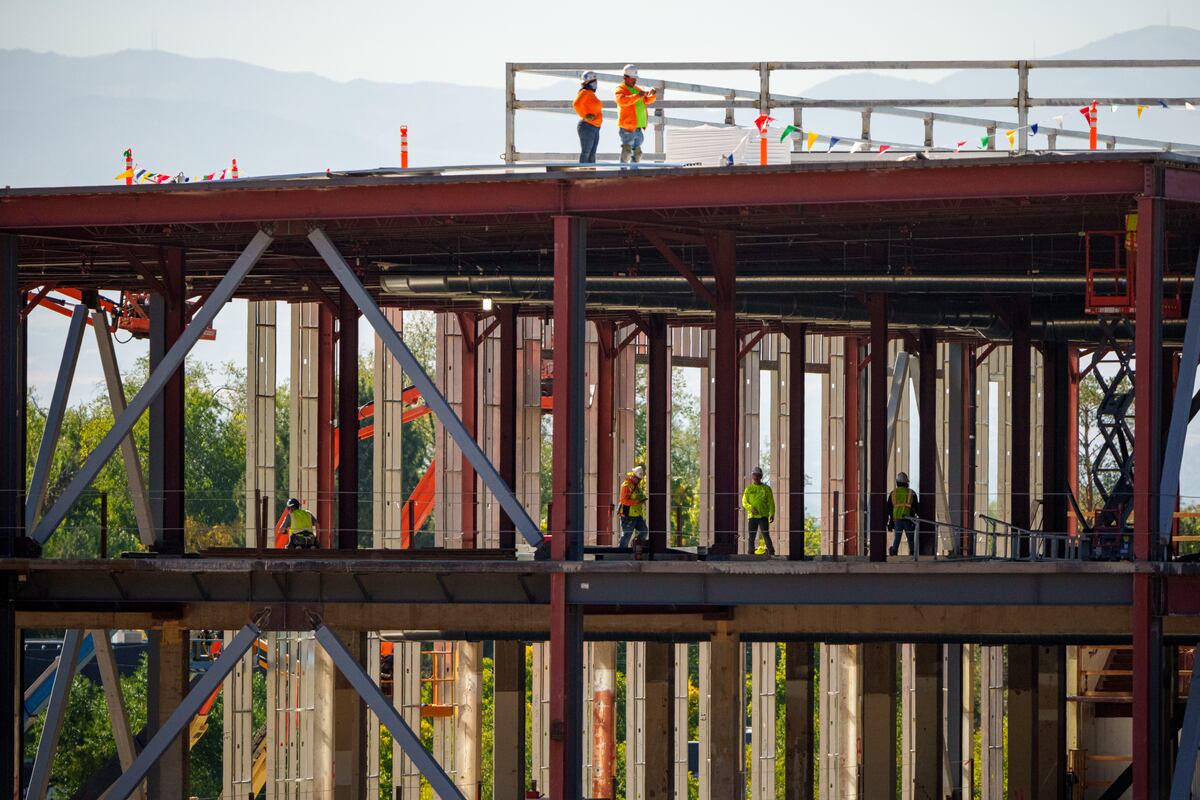





In Utah, construction companies are facing significant challenges due to a shortage of workers, a situation that has been exacerbated by bureaucratic hurdles in obtaining work visas for immigrants. Jonathan Campbell, co-CEO of Campbell Companies, emphasizes that 30% of U.S. construction workers are immigrants, with this figure rising to 40% in states like California and Texas. As of January 2024, there were 622,000 job openings in the construction sector, highlighting the urgent need for labor [2f4b61c7].
The COVID-19 pandemic resulted in the loss of 1.4 million manufacturing jobs, further straining the labor market. Campbell argues that circular migration, which allows workers to move back and forth between their home countries and the U.S., could help alleviate these labor shortages. He points to the Essential Workers for Economic Advancement Act proposed by Pennsylvania Rep. Lloyd Smucker as a potential bipartisan solution to the immigration issues affecting the construction industry [2f4b61c7].
By 2025, the construction industry is projected to need an additional 454,000 workers to meet demand. Campbell stresses that without bipartisan immigration reform, Utah's economy—and by extension, the national economy—cannot afford to wait any longer for solutions [2f4b61c7].
This situation mirrors broader trends observed across the U.S., where states like Vermont and New Hampshire are also grappling with labor shortages due to an aging population and insufficient younger workers to fill available jobs. Local CEOs in these states have expressed the need for increased legal immigration to support their workforce [24fa831a].
Katie Smith Sloan, President and CEO of LeadingAge, has highlighted the crisis-level staff shortages in nursing homes, indicating that new regulations could worsen the situation, leading to more closures and bed shortages [783403a0]. The national economy is thriving, yet challenges such as housing shortages and high student debt continue to hinder young people's retention in the workforce [77775953].
A recent report by the Economic Policy Institute, published on December 6, 2024, asserts that immigration benefits the U.S. economy, stating it does not reduce job availability for U.S.-born workers and leads to better wages and opportunities. The report also indicates that immigration has minimally impacted rising housing costs and positively affects the federal tax and spending balance. However, current U.S. immigration policies limit potential benefits by restricting immigrant rights and enabling employer manipulation [95a1f7a0].
As the U.S. economy relies heavily on immigrant labor, the Congressional Budget Office projects that immigration will contribute an average of 0.2 percentage points to annual GDP growth over the next decade. However, a growing political backlash against immigration complicates the situation, with a Gallup poll indicating an increase in Americans wanting decreased immigration levels [3b0400d1].
David Bier from The Cato Institute has pointed out the backlog in green card processing, which adds to the challenges faced by the labor market, particularly in service jobs that are crucial for economic stability [783403a0]. In light of these developments, Campbell's call for immigration reform underscores the critical need for policy changes that can support both the construction industry and the broader economy [2f4b61c7].